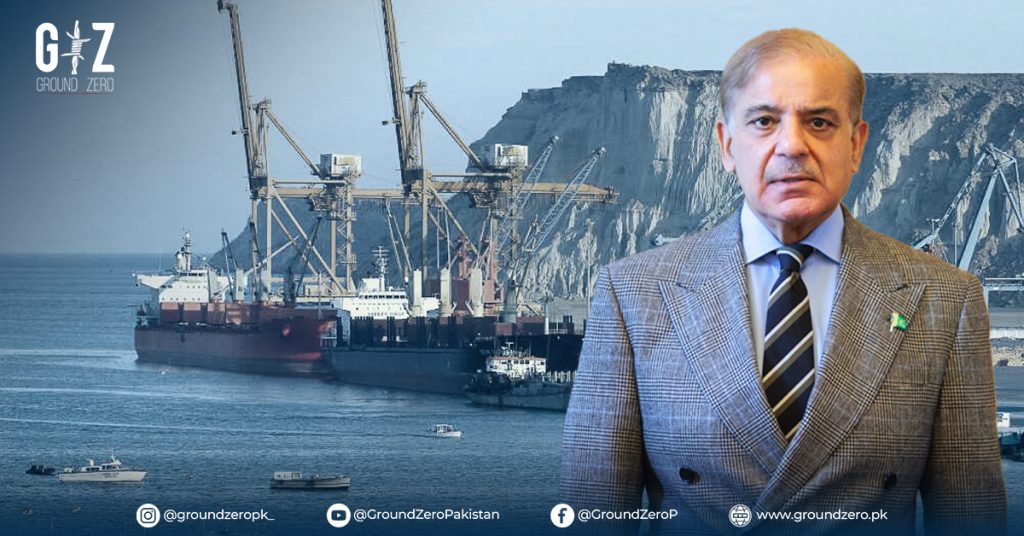Gwadar Port Import Increase Approved by Federal Cabinet
The federal cabinet has approved a plan for a Gwadar port import increase by 50%. The government has directed all departments to route half of their imports, like wheat, sugar, and fertilizer, through Gwadar. This move is part of a broader strategy to enhance Gwadar’s role in trade and support development in Balochistan. For more updates, visit our Pakistan News section.
Subcommittee to Oversee Gwadar Port Activities
A new subcommittee will oversee the import increase at Gwadar. The group will monitor the port’s activities and report quarterly on progress. This step ensures the government’s plan aligns with Prime Minister Shehbaz Sharif’s strategic goals. The committee will assess the port’s performance and its impact on the local economy.
Prime Minister’s Vision for Gwadar and Balochistan
The import increase supports Prime Minister Shehbaz Sharif’s vision to boost development in Balochistan. By increasing Gwadar’s activity, the government aims to create jobs, stimulate economic growth, and better integrate Balochistan into the national economy. The port’s strategic location and expanded capacity are expected to attract investment and promote trade in the region. For more on this strategy, see Dawn’s report.
Impact on the Local Economy
The increased use of Gwadar port will likely boost the local economy. More imports mean higher demand for port services like shipping, logistics, and storage, creating jobs for the local population. This shift may also reduce congestion at other ports, improving overall trade efficiency. Read more in the Express Tribune article.
Boosting Regional Trade and Economic Integration
Gwadar is set to become a central hub in regional trade. The government’s plan aims to use Gwadar’s strategic location along the Arabian Sea to enhance trade with neighboring countries. This move supports the goals of the China-Pakistan Economic Corridor (CPEC) to improve regional connectivity and economic integration. Learn more about Gwadar’s role in regional trade in The Diplomat’s analysis.


